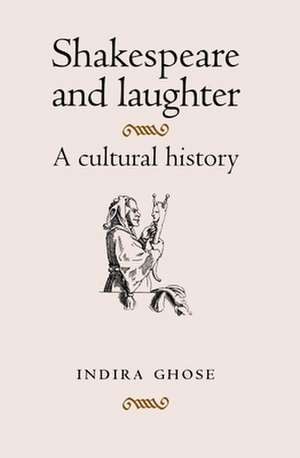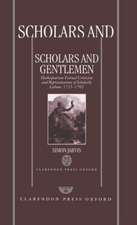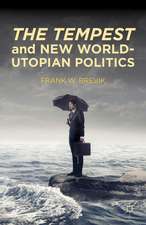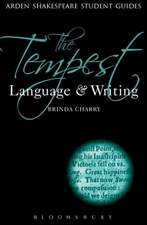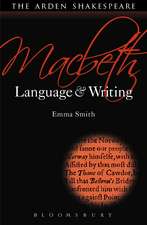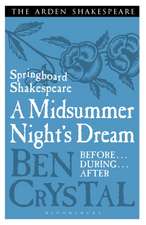Shakespeare and Laughter
Autor Indira Ghoseen Limba Engleză Paperback – 31 aug 2011
Preț: 224.37 lei
Nou
Puncte Express: 337
Preț estimativ în valută:
42.94€ • 44.66$ • 35.45£
42.94€ • 44.66$ • 35.45£
Carte tipărită la comandă
Livrare economică 15-29 aprilie
Preluare comenzi: 021 569.72.76
Specificații
ISBN-13: 9780719087004
ISBN-10: 0719087007
Pagini: 240
Dimensiuni: 156 x 234 x 13 mm
Greutate: 0.34 kg
Editura: MANCHESTER UNIVERSITY PRESS
ISBN-10: 0719087007
Pagini: 240
Dimensiuni: 156 x 234 x 13 mm
Greutate: 0.34 kg
Editura: MANCHESTER UNIVERSITY PRESS
Descriere
This book examines laughter in the Shakespearean theatre in the context of a cultural history of early modern laughter. It is the first study to focus on laughter, not comedy, arguing that since the early modern period a paradigm shift has taken place in our attitudes to laughter and investigates the role Shakespeare played in this connection. -- .
